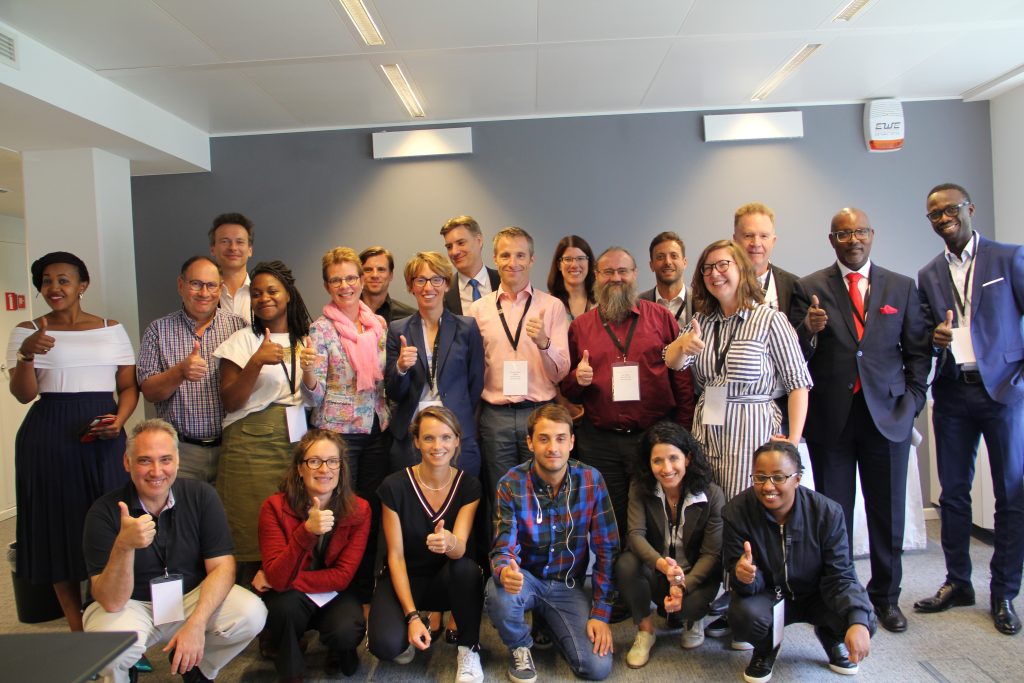Energy issues have a substantial impact on the environment and therefore on the international community. This sector is gradually gaining policymakers’ attention, but more ambitious political commitment is necessary.
The 2030 Agenda for Sustainable Development recognises with Goal 7 (SDG7) energy as a precondition for human and social promotion, as well as an instrument to fight poverty. Despite this global interest, access to clean and renewable energy is not yet available for all.


